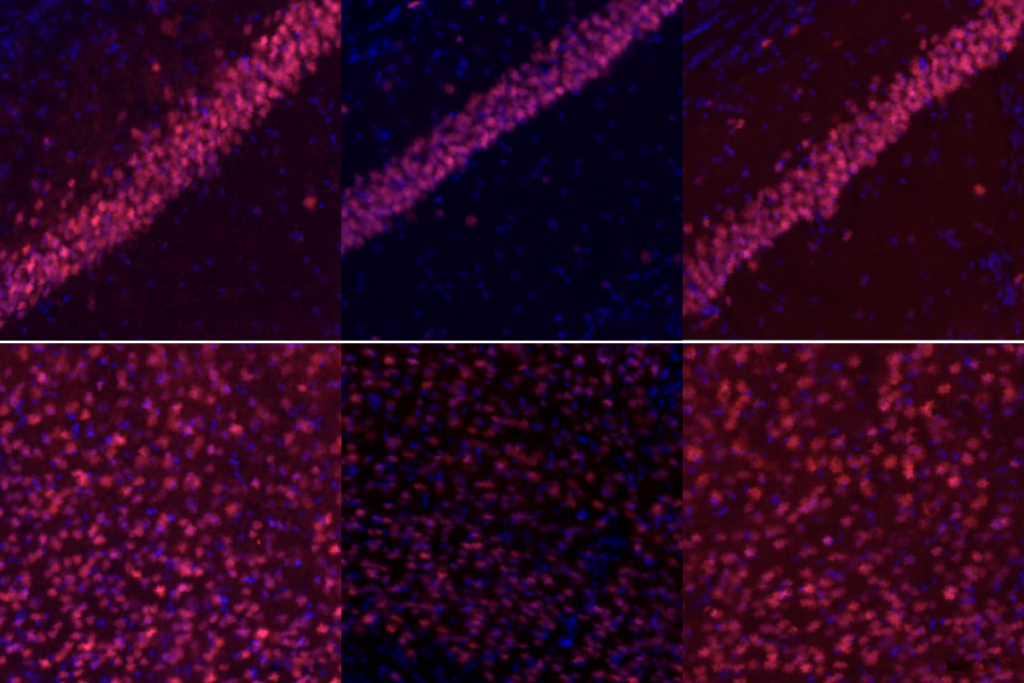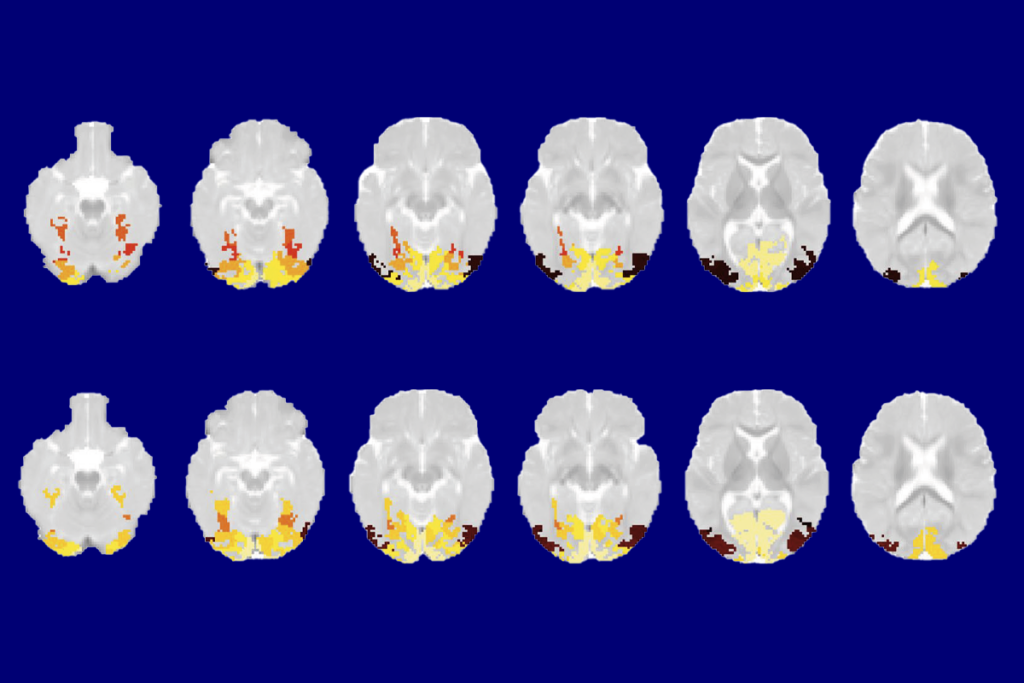Emily Singer commissions and edits scientist-written content and develops new resources for the community. She joined The Transmitter in 2023 and has previously held a variety of editorial roles at the Simons Foundation, including editor for neuroscience collaborations, and senior biology writer and contributing editor at Quanta Magazine. Before joining the foundation, she was biomedical editor at Technology Review.

Emily Singer
Chief opinion editor
The Transmitter
From this contributor
How insights from network theory can boost interdisciplinary efforts

Parents turn their skills to furthering autism research

Gender differences take center stage at autism conference
Education
- Certificate in science communication, University of California, Santa Cruz
- B.A. in biology, University of California, Santa Cruz
Fellowships
- AAAS Mass Media Fellowship
Explore more from The Transmitter
Marcelle Lapicque: A forgotten pioneer of neuroscience
Lapicque was the first Black female neuroscientist in Europe, new research suggests.
Marcelle Lapicque: A forgotten pioneer of neuroscience
Lapicque was the first Black female neuroscientist in Europe, new research suggests.
In-vivo base editing in a mouse model of autism, and more
Here is a roundup of autism-related news and research spotted around the web for the week of 23 February.

In-vivo base editing in a mouse model of autism, and more
Here is a roundup of autism-related news and research spotted around the web for the week of 23 February.
Infant visual system categorizes common objects by 2 months of age
Brain activity patterns in the ventral visual cortex appear to distinguish images across 12 categories, including birds and trees, longitudinal functional MRI scans suggest.

Infant visual system categorizes common objects by 2 months of age
Brain activity patterns in the ventral visual cortex appear to distinguish images across 12 categories, including birds and trees, longitudinal functional MRI scans suggest.